Concept Mapping: Facilitation and Experiential Learning in Nursing
VerifiedAdded on 2021/06/17
|5
|1077
|62
Project
AI Summary
This concept mapping project explores the relationship between experiential learning and facilitation within the context of nursing. The student utilized the Hoshin model to frame key concepts and linked the experiential learning cycle to demonstrate the connection between facilitation and learning. Through this process, the student gained insights into the importance of past experiences and critical reflection in skill development, as well as effective methods for integrating related concepts. The project highlights facilitation skills, emphasizing the role of goal setting, networking, and attitude. It incorporates Kolb's experiential learning cycle (concrete experience, reflective observation, abstract conceptualization, and active learning) to illustrate a holistic approach to learning. The student also identifies factors that support facilitation, such as communication skills and the importance of adapting to different learning styles. The student reflects on their own facilitation skills, acknowledging the need to better understand diverse learning styles to tailor facilitation effectively and improve nursing staff professional development. The assignment references several sources that support the student's analysis of the topic.
1 out of 5
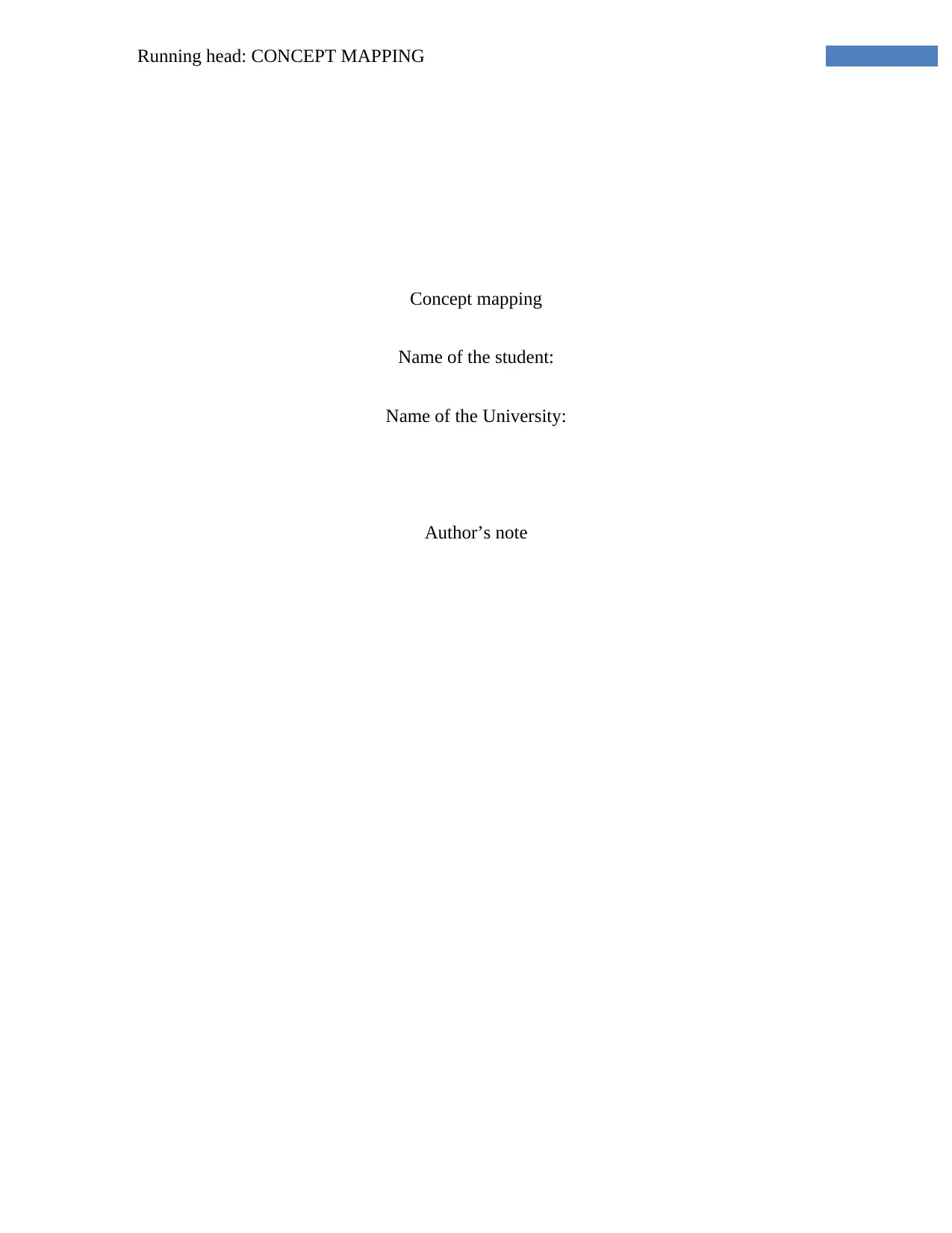
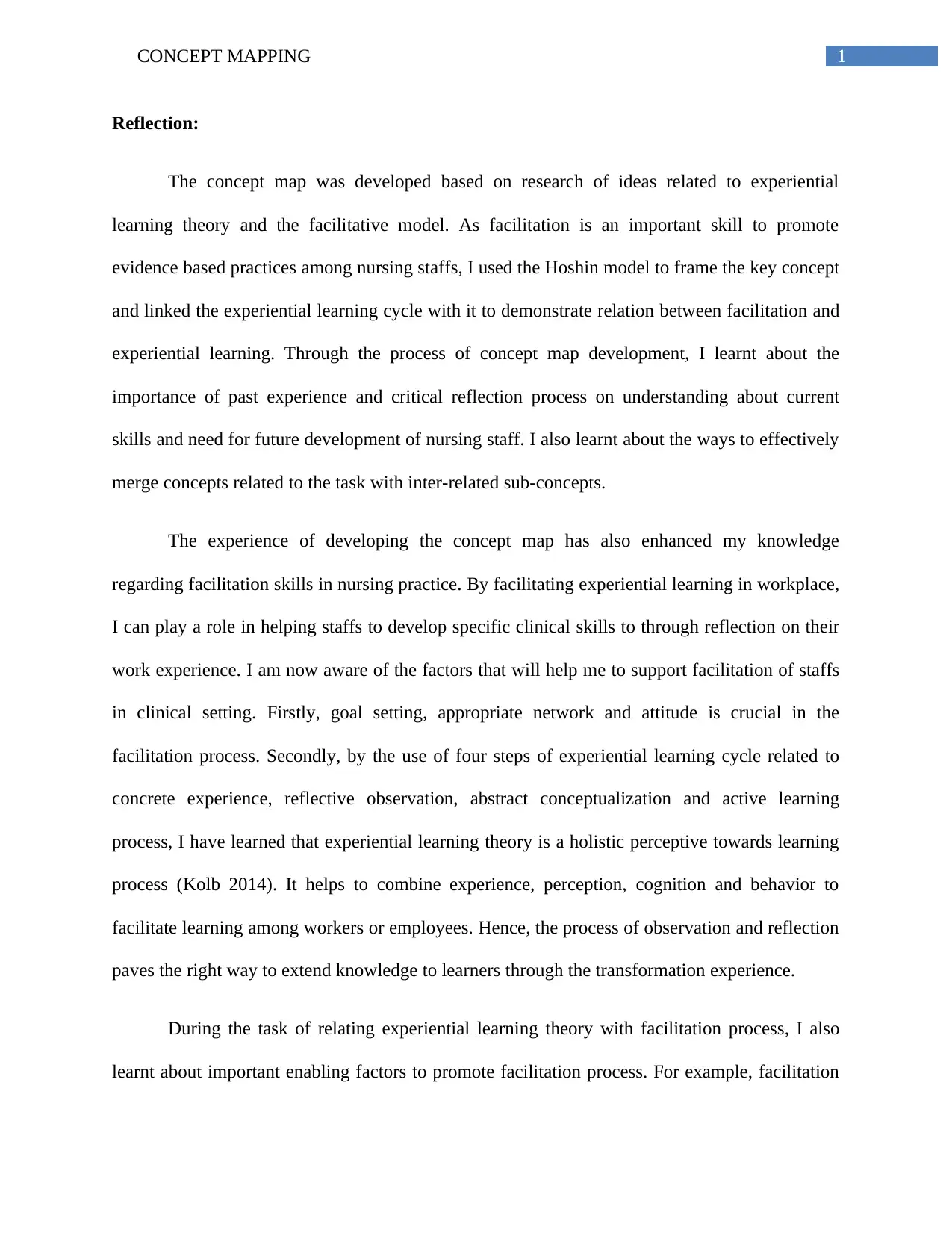
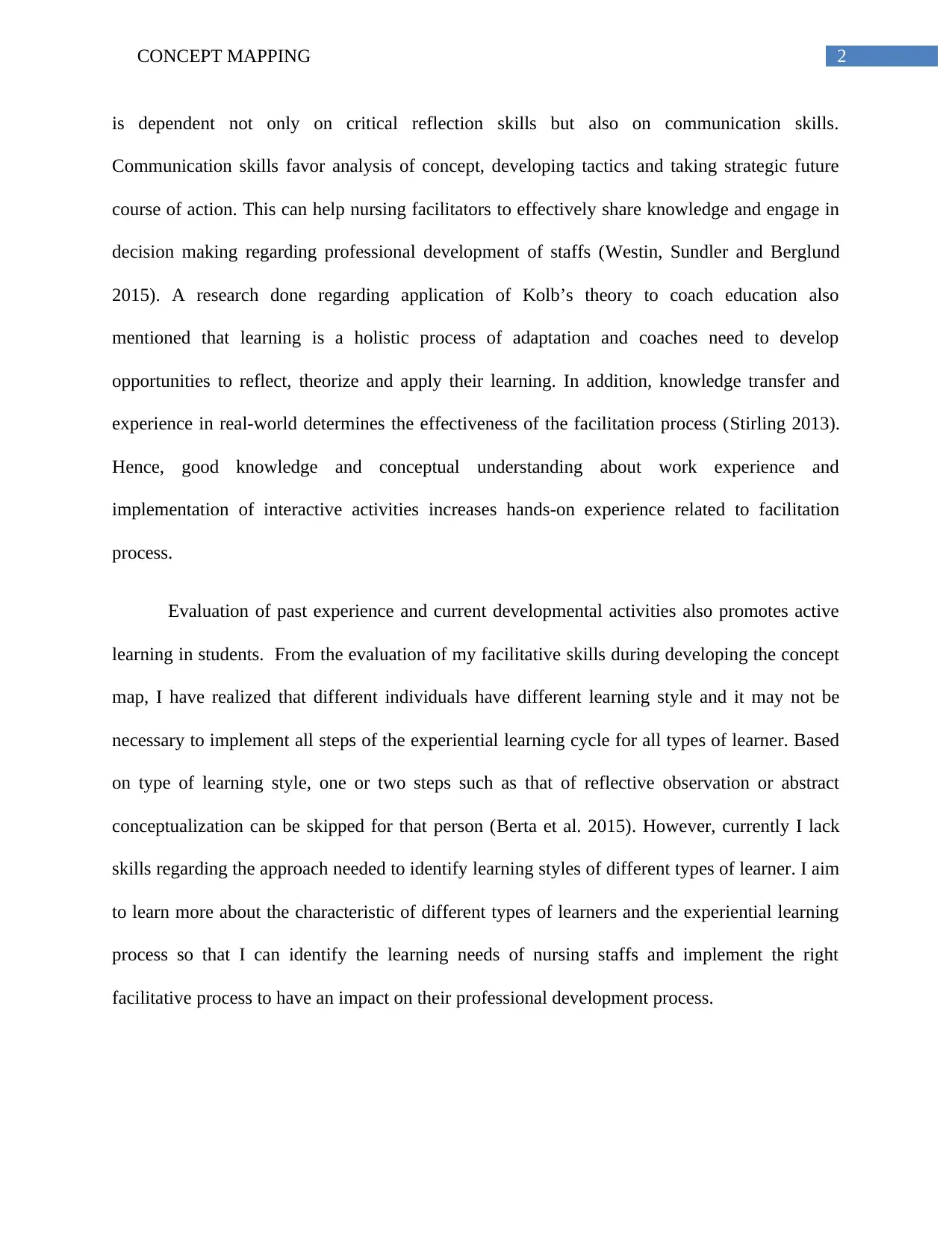

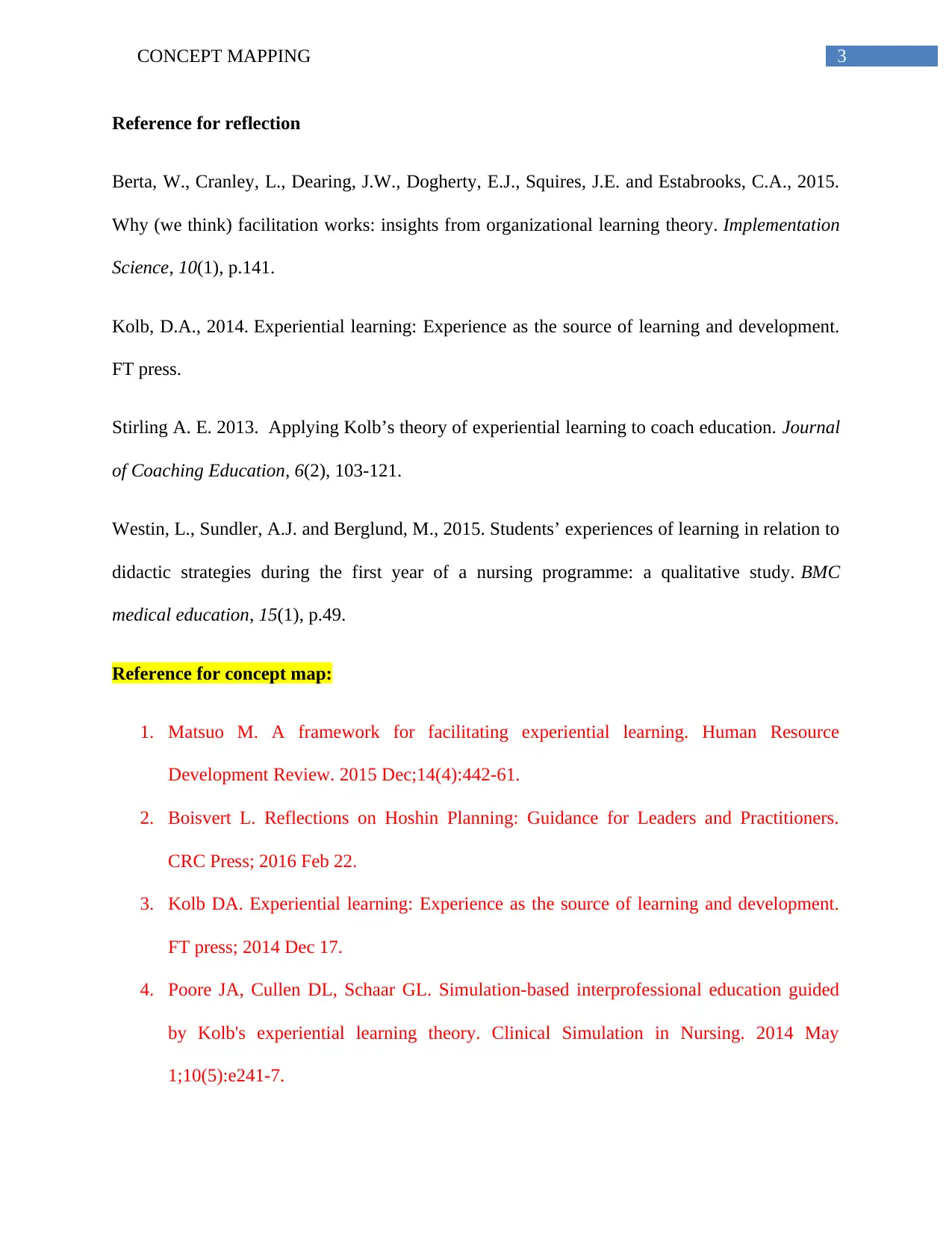
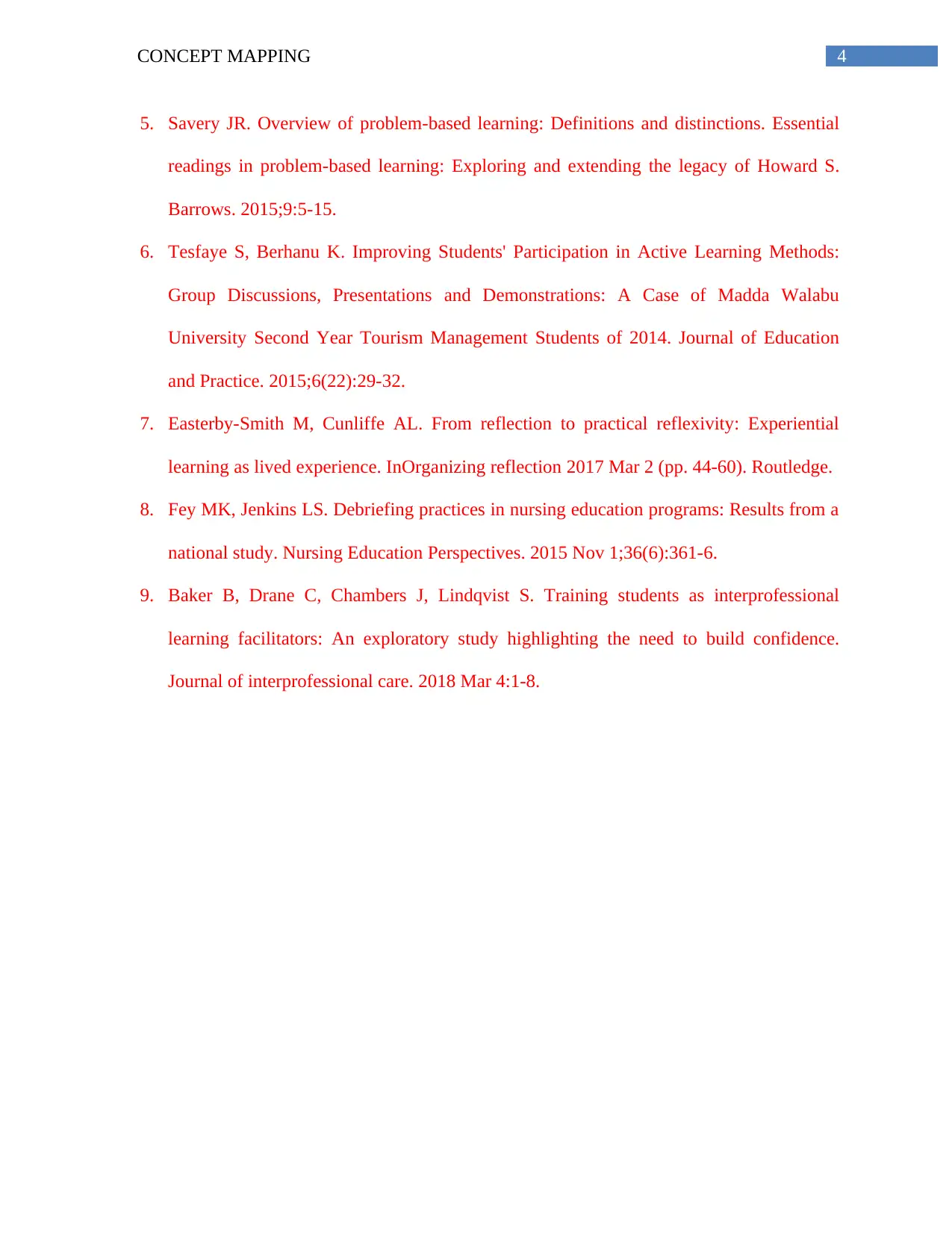






![[object Object]](/_next/static/media/star-bottom.7253800d.svg)